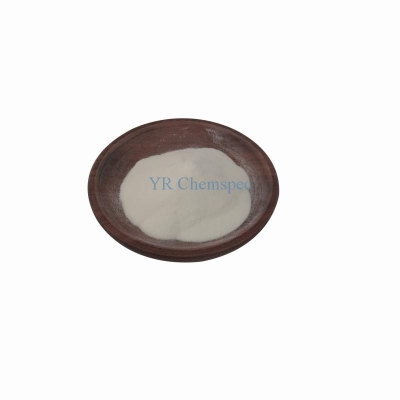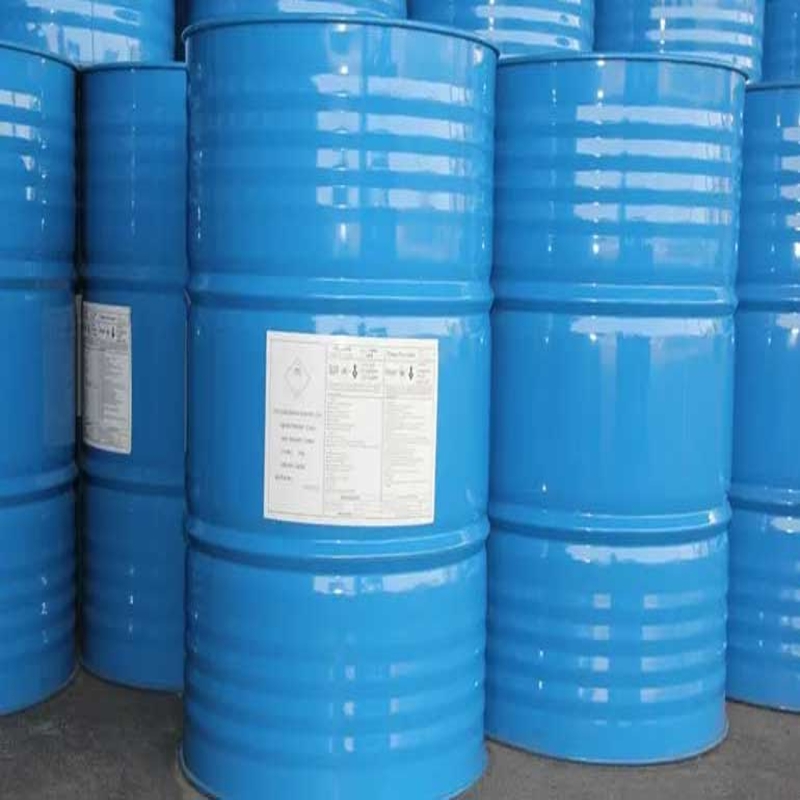-
Categories
-
Pharmaceutical Intermediates
-
Active Pharmaceutical Ingredients
-
Food Additives
- Industrial Coatings
- Agrochemicals
- Dyes and Pigments
- Surfactant
- Flavors and Fragrances
- Chemical Reagents
- Catalyst and Auxiliary
- Natural Products
- Inorganic Chemistry
-
Organic Chemistry
-
Biochemical Engineering
- Analytical Chemistry
-
Cosmetic Ingredient
- Water Treatment Chemical
-
Pharmaceutical Intermediates
Promotion
ECHEMI Mall
Wholesale
Weekly Price
Exhibition
News
-
Trade Service
According to foreign media reports, as a leader in the research and development of next-generation battery technology, Natrion of the United States has launched a high-performance, flexible and durable solid-state electrolyte film that can be used to produce all-solid-state batteries (ASSB).
The technology, called lithium-solid-ion composites (LISIC), allows lithium-ion battery manufacturers to quickly convert their existing product lines to ASSBs with "plug-and-play" components that reduce the risk of fire, increase battery life, and extend the range of electric vehicles
.
In a typical battery production process, a porous plastic separator impregnated with a liquid electrolyte is sandwiched between the electrodes, while the electrolyte in existing lithium-ion batteries is volatile and flammable
.
Natrion set out to develop a solid electrolyte to replace plastic separators, eliminating the need for liquids and minimizing changes in production technology
.
Recently, the company's LISIC technology has been patented and has three major advantages: first, this dry polymer-ceramic composite has flexibility and mechanical durability, the same thickness as the diaphragm, and the ionic conductivity at room temperature is 0.
3ms/cm; Second, it can maintain thermal stability within -60~500°F, and can maintain high-pressure compatibility with lithium metal anodes and nickel-rich cathodes in the chemical composition of energy density greater than 1000Wh/L; Third, the unique engineering surface interface facilitates cold pressing of electrodes without additional internal cell pressure or even electrodeposition to interfere with dendrite formation
.
Alex Kosyakov, CEO of Natrion, said: "To commercialize LISIC, the next step is to scale up and use case verification
.
This summer, we will conduct commercial battery trials and consider setting up pilot factories to demonstrate the scalability and ease of use
of the technology.
”







